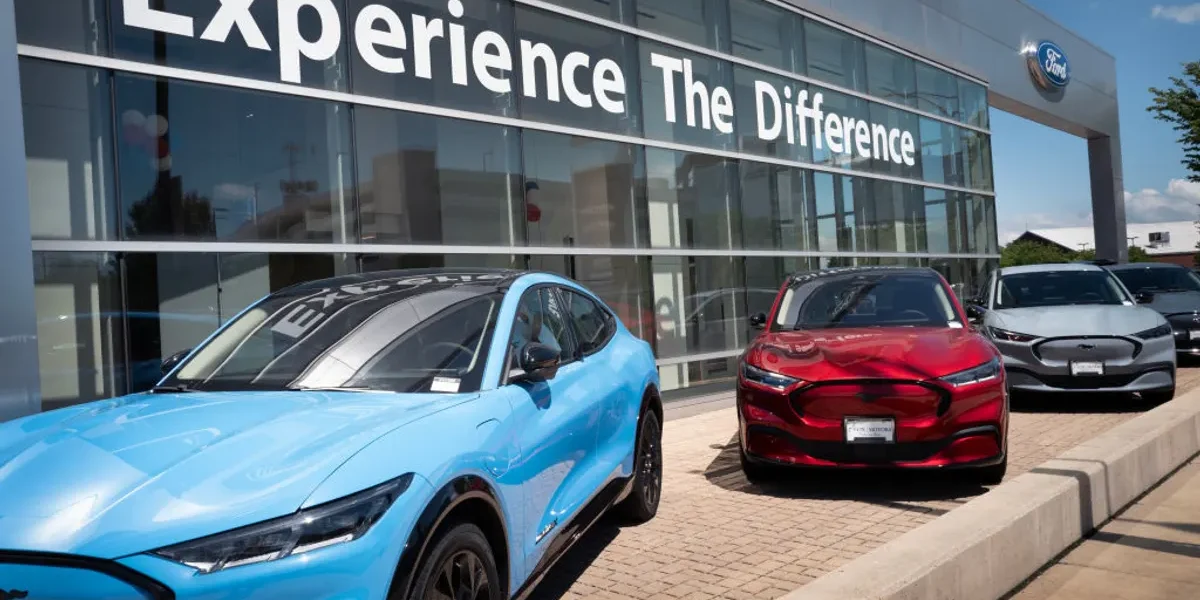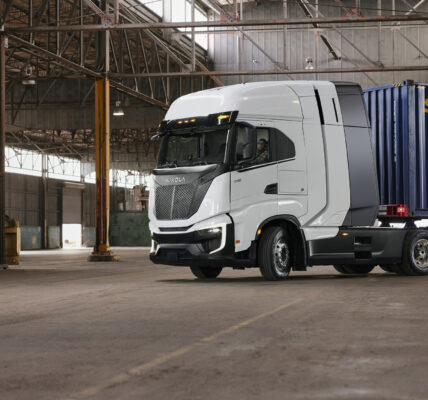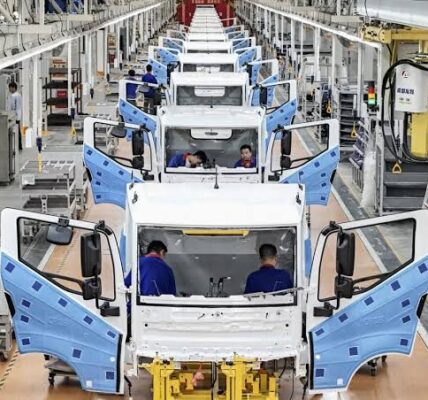Tariffs and political uncertainty have disrupted the automobile market, but consumers are no less likely to consider purchasing electric vehicles, according to a recent study by J.D. Power.
The 2025 U.S. Electric Vehicle Consideration Study, released May 15, found that 59% of vehicle shoppers said they were at least somewhat likely to consider an EV — the same rate the study reported one year ago.
Between January and April 2025, J.D. Power surveyed 8,164 people who were planning to purchase a vehicle within a year on their intent to consider an EV. Per the report, 24% of shoppers said they were “very likely” to consider purchasing an EV, while 35% said they were “somewhat likely.”
In fact, according to April Cox Automotive data, the EV market continues to grow. Compared to the same period last year, U.S. EV sales increased 11.4% in the first quarter of 2025.
“Despite the market volatility, EVs have found a solid ground for consumer consideration,” Brent Gruber, executive director of the EV practice at J.D. Power, said in a statement.
J.D. Power’s findings shed light on consumer wants and needs, including the ways people shop for EVs and their biggest concerns with the vehicles.
For instance, EV shoppers are likely to look at more vehicle brands — “cross-shop” — than those shopping for ICE vehicles. The study reported that those likely to consider EVs look at an average 2.8 or 2.9 brands, while a previous J.D. Power study found that people shopping for gas-powered vehicles considered an average of 2.5 brands.
“As more EV options come to market, this should serve as an encouraging sign for automakers because it’s an opportunity for them to gain a foothold and pull shoppers from outside their brands,” Gruber said, adding that the study revealed that EV shoppers also consider EVs from both mass market and luxury brands.
Yet range anxiety remains a key concern, as 52% of vehicle shoppers cited charging station availability as a reason to forgo purchasing an EV. At the same time, another long-standing concern with EVs — their expense — fell in importance. The study found that 43% of shoppers said EV purchase price was a reason to avoid buying an EV, compared to 47% last year. In addition, 33% of shoppers stated they were concerned with EV cost of ownership, compared to 35% of shoppers in 2024.
Much of the growth in EV sales can be attributed to more affordable, mass-market automakers such as General Motors.
Still, the issue of EV affordability might box out the age group most interested in purchasing them — younger shoppers ages 25-49. “It’s an interesting dichotomy because younger consumers are the most receptive to EVs, but also the least likely to be able to afford them, while older consumers have the financial means but show less interest,” Gruber said.
According to Gruber, the industry needs to focus on affordability and consumer education to continue to drive EV growth. Less expensive EVs would address what he described as the “pent-up demand for more affordable products,” while improving consumer education could “ease concerns” about EV ownership, as many, like public charging availability, “are less problematic than they might seem when it comes to actually owning an EV,” he said.








